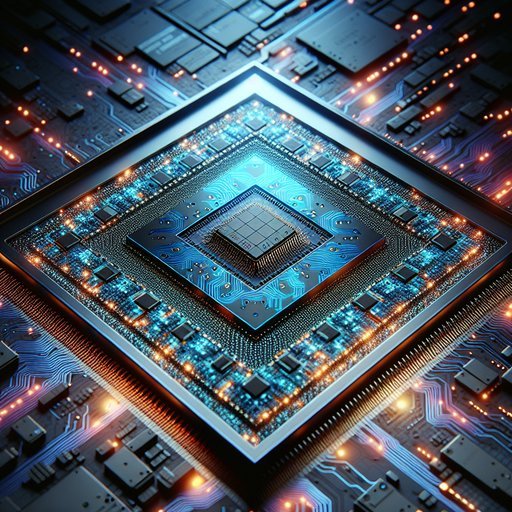
A recent cosmic discovery has taken the astronomical community by storm as scientists have observed a never-before-seen type of colossal space explosion – the most powerful since the Big Bang itself. This unexpected find provides a gripping glimpse into the universe's explosive past and its formative forces, challenging existing theories and inspiring new lines of inquiry into the cosmic phenomena that shape distant galaxies.[3]

In a significant shift likely to impact the global semiconductor industry, the Trump administration has paused exports of critical U.S. technologies to China. As of June 6, this freeze includes jet engines and semiconductor-related technologies, such as chip design software. This move comes amidst rising geopolitical tensions and holds implications for key players like Xiaomi, which may face new challenges in chip manufacturing capabilities.

On June 5, 2025, the FBI issued a stark warning about the Play ransomware group's latest campaign, affecting nearly a thousand organizations across the United States. This sophisticated attack has highlighted vulnerabilities in unexpected places, as the hackers expanded their reach to critical infrastructure and other key sectors. The sheer scale of this assault underscores a significant shift in the cyber threat landscape, demanding swift and coordinated responses from affected businesses and governments alike.

BMW has rolled out its first electric vehicles equipped with all-solid-state batteries, heralding a potential game-changer in electric vehicle technology. Dubbed as the 'holy grail' of EV battery tech, these batteries promise to revolutionize the market by offering enhanced safety, longer lifespan, and better performance. BMW's latest tests put this innovative technology on the road, signaling new horizons for the electric vehicle industry as solid-state batteries might soon become a staple in EV manufacturing [4].
 Impossibly complex, mysterious and prescient of a future written in the elusive sub-atomic language of quantum mechanics, quantum computing stands at the forefront of next-generation technology. It addresses computing issues which, until recently, were considered far beyond our grasp. This paradigm shift may someday restructure how we interact with information, or even reshape our very perception of reality.
Impossibly complex, mysterious and prescient of a future written in the elusive sub-atomic language of quantum mechanics, quantum computing stands at the forefront of next-generation technology. It addresses computing issues which, until recently, were considered far beyond our grasp. This paradigm shift may someday restructure how we interact with information, or even reshape our very perception of reality.
























